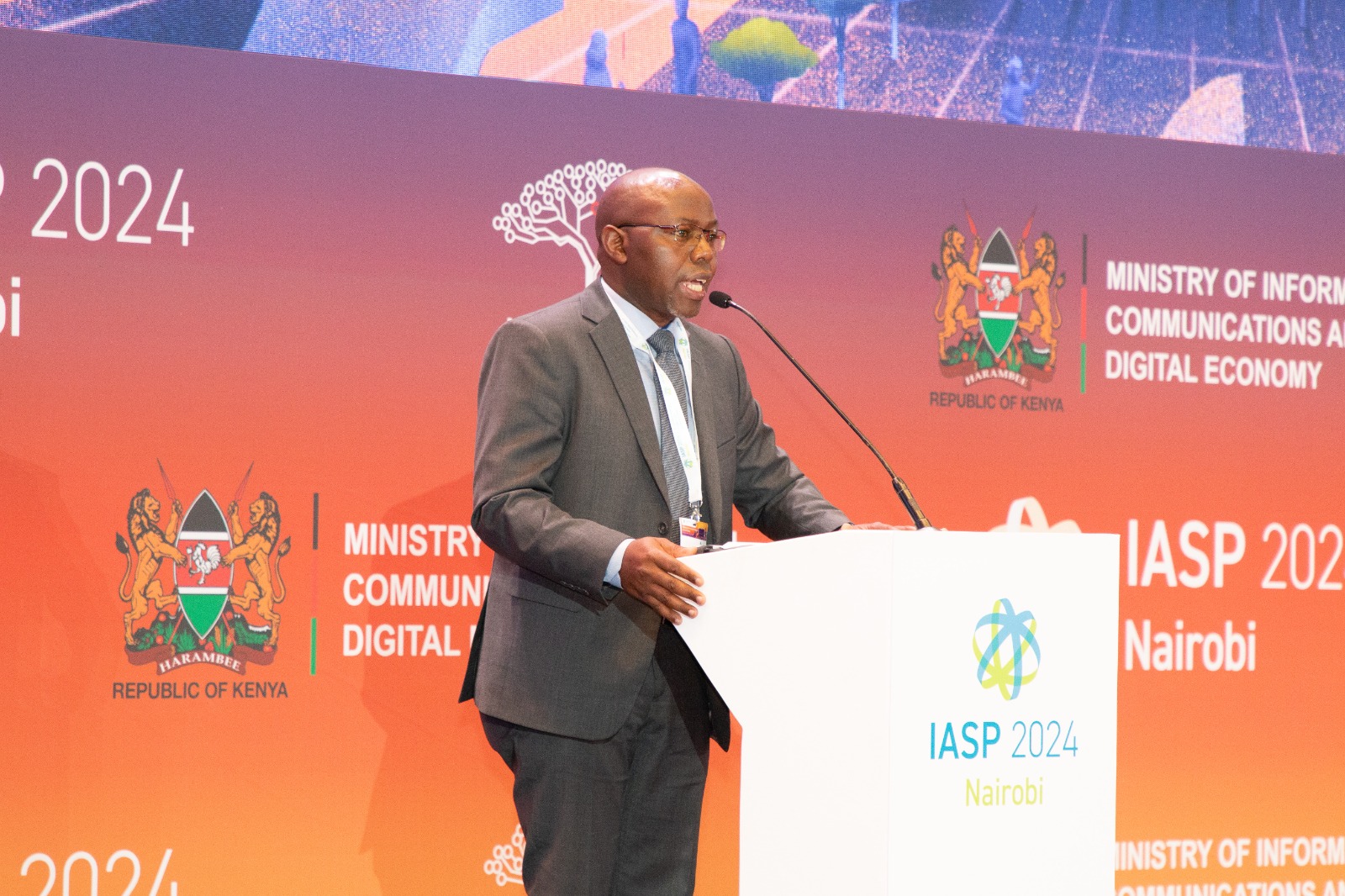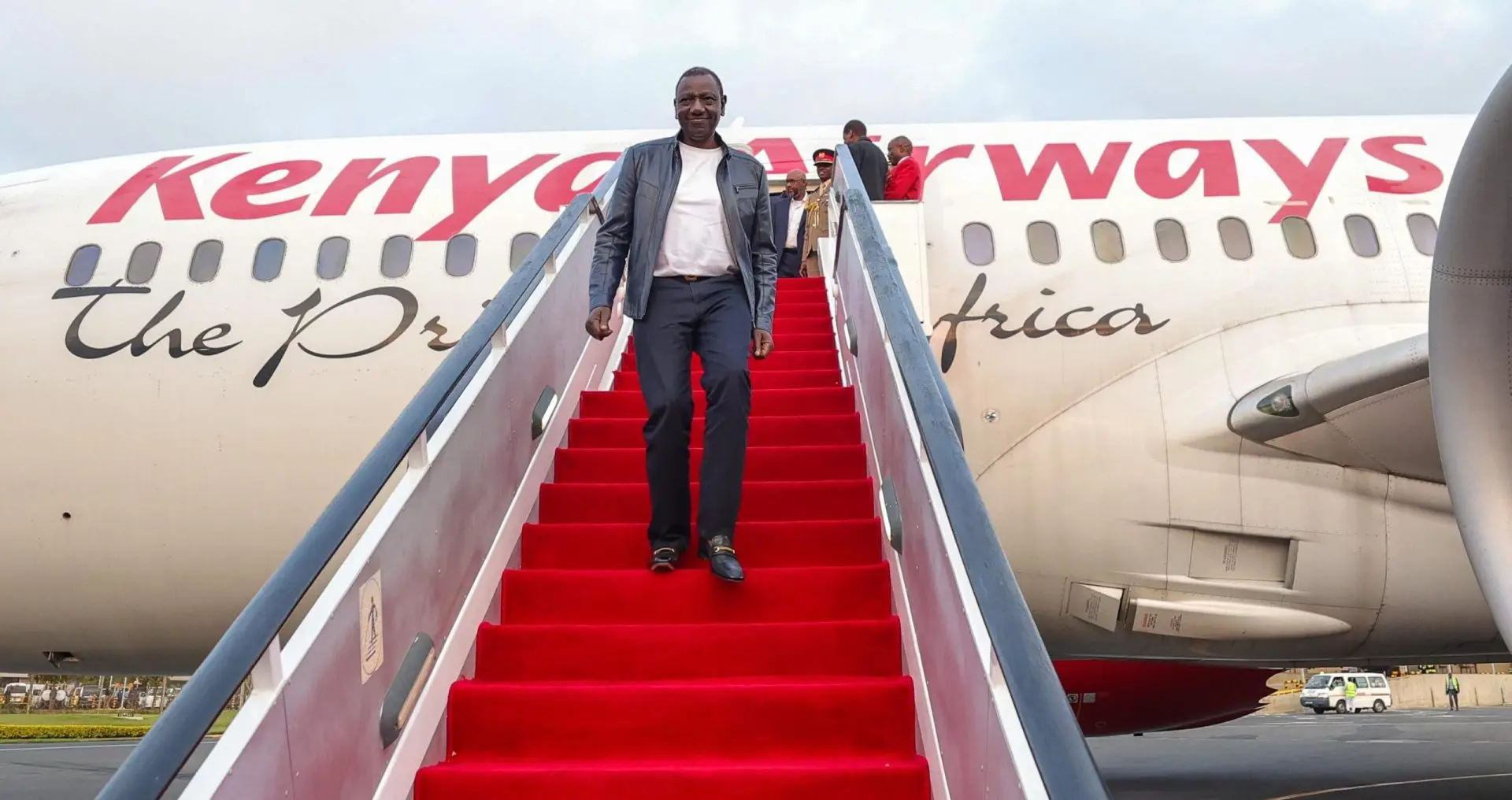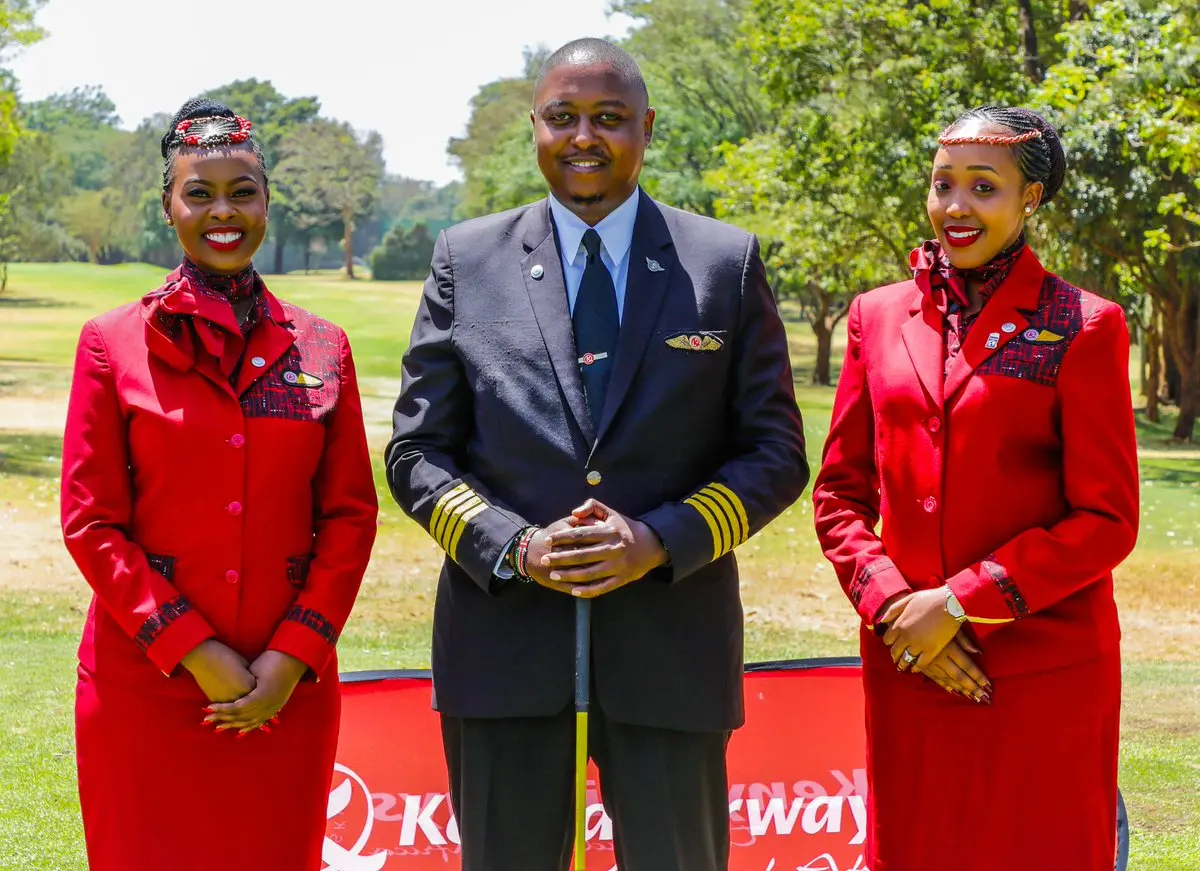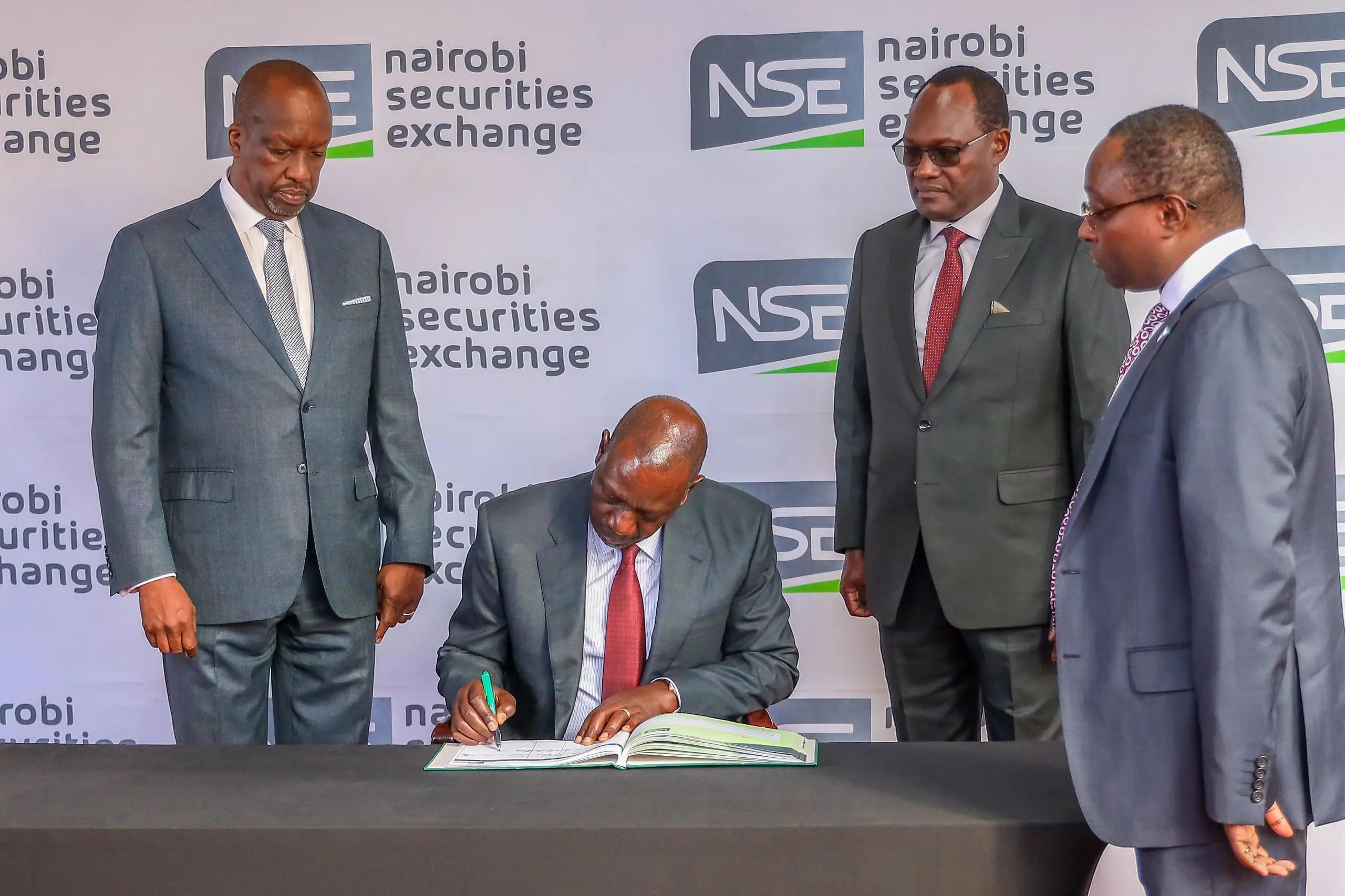
Leveraging Big Data to Build Smarter, Sustainable Cities
Admin
Sep 27, 2024
Big data integrated with state-of-the-art technologies are transforming the way cities are developing into smart and sustainable cities anchoring on residents' well-being. This is according to Steve Kamuya who is the Executive Director at Huawei Kenya, while speaking at the 41st International Association of Science Parks- IASP World Conference 2024 held in Nairobi. Kamuya said this while addressing the enormous possibility of using data-driven approaches to improve urban planning and thereby creating more livable cities.


